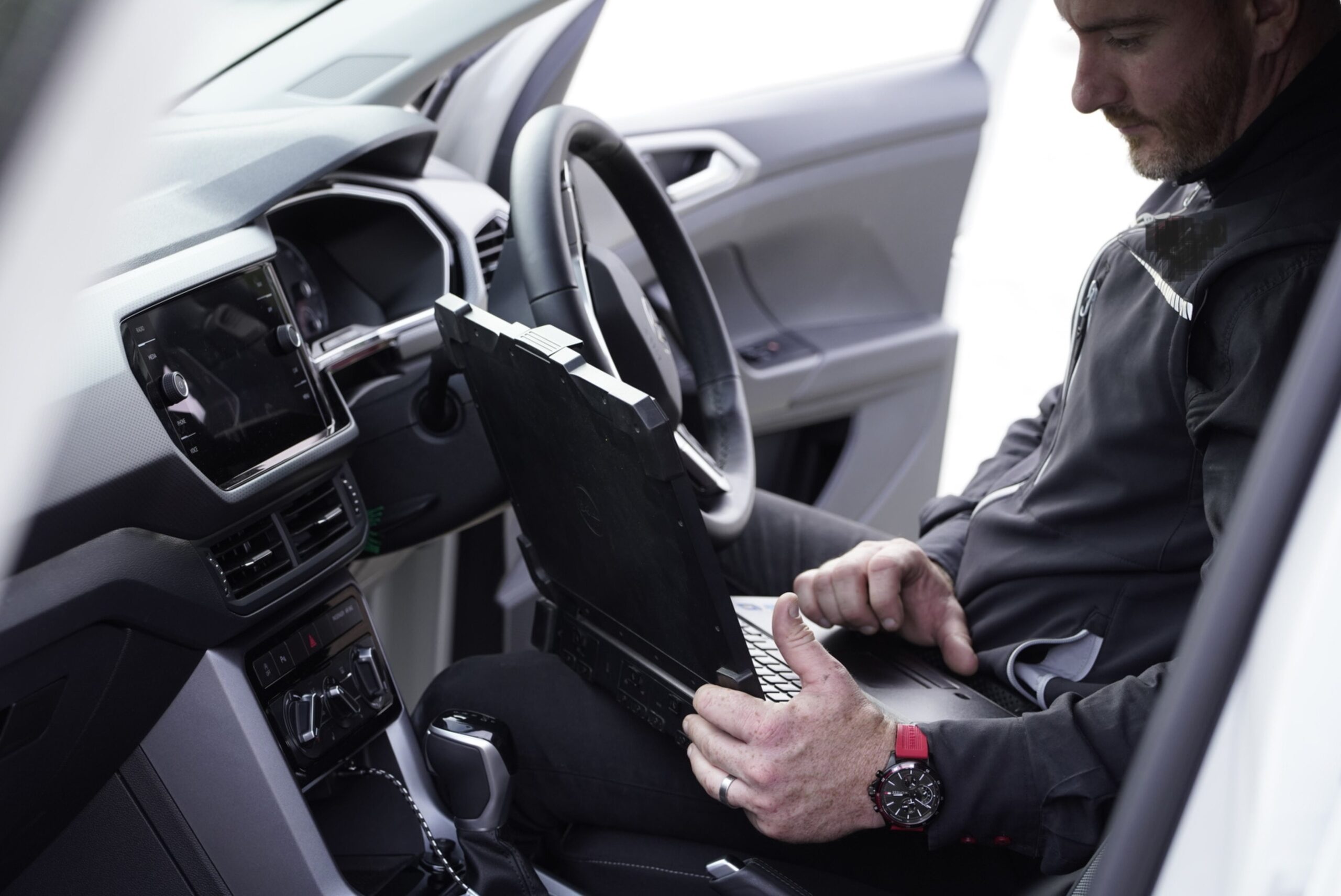Understanding Vehicle Car Key Replacement: A Comprehensive Guide
Losing a car key or handling a malfunctioning key can be a frustrating experience for any vehicle owner. With the development of technology in automotive design, car keys have progressed significantly over the years. Understanding the numerous types of car keys, the replacement procedures, and the costs related to them can save time and minimize stress. This article supplies an in-depth take a look at vehicle car key replacement vehicle keys, providing beneficial details for vehicle owners.
Types of Car Keys
Car keys been available in different styles, with each type including distinct performances. Here are the most typical types of car keys:
Traditional Car Keys: These are basic metal keys with no electronic parts. They can easily be duplicated at any locksmith professional or hardware store.
Transponder Keys: Introduced in the late 1990s, transponder keys contain a chip that interacts with the car's ignition. If the appropriate key isn't used, the car transponder key replacement will not begin.
Remote Key Fobs: These keys feature integrated push-button controls that permit users to lock and unlock their automobiles from a distance. Some remote fobs likewise incorporate transponder innovation.
Keyless Entry Systems: These innovative systems enable motorists to unlock and start their cars without physically placing a key. Rather, the vehicle utilizes distance sensing units to acknowledge the key fob.
Smart Keys: These are the next generation of keyless ignition systems that require the key fob to be in close proximity to the vehicle for operation. They provide boosted security functions and benefit.
| Key Type | Description | Duplication Ease | Security Level |
|---|---|---|---|
| Traditional | Standard metal key | Easy | Low |
| Transponder | Key with a chip that enhances security | Needs shows | Medium |
| Remote Key Fob | Key with remote locking/unlocking feature | Moderate, might require programs | Medium to High |
| Keyless Entry Systems | No physical key required for entry/ignition | Complex | High |
| Smart Keys | Advanced proximity-based ignition systems | Very complicated | Really High |
Actions for Car Key Replacement
If you discover yourself in need of a car key replacement, it is necessary to follow an organized process to guarantee you get a car key replacement the right key efficiently. Here are the actions:
1. Determine the Type of Key
The very first step in key replacement is to determine which type of key you have, as this influences the replacement process and cost.
2. Look For Spare Keys
If you own a spare key, this can considerably minimize replacement expenses. Check your home or speak with household members to see if anyone else has a spare.
3. Contact Your Car Dealership or Locksmith
You have two main choices for replacement:
- car remote replacement (Click On this website) Dealership: They can offer a main replacement key, but this might be the most pricey choice.
- Expert Locksmith: A certified locksmith professional can typically produce a key at a lower expense, especially for traditional and transponder keys.
4. Supply Necessary Information
When reaching out for a replacement, be prepared how to get replacement key for car provide the following info:
- Vehicle recognition number (VIN)
- Make, model, and year of your vehicle
- Proof of ownership (like your vehicle registration)
5. Replacement Process
The process varies by key type:
- Traditional Keys can usually be replaced within minutes.
- Transponder and Remote Keys typically require programs, which may take longer.
- Smart Keys generally require modern equipment and expertise for duplication.
6. Evaluate the New Key
After receiving your new key, constantly check its performance right now to ensure it works effectively with your vehicle.
Frequently Asked Questions about Vehicle Car Key Replacement
Q1: How much does it cost to replace a vehicle key?
A1: The cost of changing a car key can vary substantially based upon the key type, the vehicle make and model, and whether you select a dealership or locksmith professional. Usually:
- Traditional key: ₤ 5 - ₤ 15
- Transponder key: ₤ 75 - ₤ 150
- Remote key fob: ₤ 100 - ₤ 300
- Smart key: ₤ 200 - ₤ 500
Q2: How long does a car key replacement take?
A2: The replacement time can differ. Standard keys can be duplicated quickly, while transponder, remote, and smart keys might take longer due to programs requirements, usually within 30 minutes to a number of hours.
Q3: Can I program a brand-new key myself?
A3: Some lorries enable owners to set new keys themselves, however lots of modern cars require customized tools or software application, making it a good idea to speak with an expert.
Q4: What should I do if my key gets stuck in the ignition?
A4: If a key is stuck in the ignition, try turning the guiding wheel a little while turning the key. If this doesn't work, speak with a mechanic or locksmith professional to prevent damage.
Q5: Is there a method to duplicate my key without the initial?
A5: Duplicating a car key without the original can be difficult, especially for sophisticated keys. In such cases, a locksmith professional can frequently produce a replacement key by cutting a new one from the vehicle's lock or ignition cylinder.
Navigating the process of vehicle car key replacement fob key replacement can seem intimidating initially, but it ends up being a lot easier with the best details. By understanding the different types of keys, the replacement procedures, and potential costs, car owners can make informed choices. When faced with a lost or broken key, knowing where to turn-- be it a locksmith professional or dealership-- can help alleviate the stress connected with such an obstacle. Always keep in mind to maintain a spare key to promote convenience and assurance.















